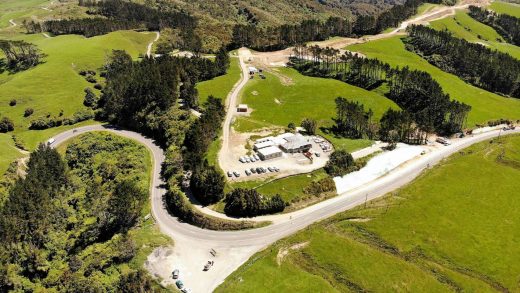
GREEN BAY, Wis. (AP) — Bird watchers are flocking to northeastern Wisconsin in the hopes of glimpsing a southern shorebird last seen in the state almost 180 years ago.
Logan Lasee, a member of the Bay Area Bird Club, spotted a roseate spoonbill in the Ken Euers Nature Area in Green Bay on July 26, Wisconsin Public Radio reported. More than 450 people have visited the nature area as of Tuesday.
James Andersen, deputy director of the city of Green Bay’s parks, recreation and forestry department, which runs the nature area, told The Associated Press that the bird was last spotted Wednesday evening. He said usually only about a dozen people use the nature area at a time, but that 60 to 70 people were in the area looking for the bird at that time. About 40 people were in the nature area when Anderson visited it Thursday morning, he said.

“The parking lot was full,” he said. “It’s awesome.”
Candy Evans told Wisconsin Public Radio that she and her husband left their home in Door County at 6:30 a.m. to travel to the nature area.
“It was so interesting because it is just such a distinctive silhouette,” Evans said. “It’s just a gorgeous bird.”
The bird is pink and resembles a football on short stilts. Six types of spoonbills are found around the world but only the roseate is present in North America. It’s usually found in Gulf Coast states, and Central and South America. The last time a roseate spoonbill was seen in Wisconsin was in 1845, and that bird was dead.
It’s unclear how this bird reached Green Bay. Birders and scientists theorize it may have simply gotten lost or blown off course by a storm. Climate change and loss of habitat also are forcing birds north.
Tom Prestby, Wisconsin conservation manager at Audubon Great Lakes, which works to protect birds across the region, told Wisconsin Public Radio that the bird headed to Escanaba, Michigan, after landing in Green Bay on July 26, but that it returned to Green Bay on Saturday. He said he believes the bird may spend several weeks in Green Bay before traveling around the Midwest and eventually returning to the Gulf Coast.
David Drake, a wildlife ecology professor at the University of Wisconsin-Madison, said the bird’s foray into Michigan suggests it’s exploring. His advice for birders hoping to see the roseate spoonbill is to not look for the bird, but to look for the hoards of people carrying cameras and spotting scopes.


